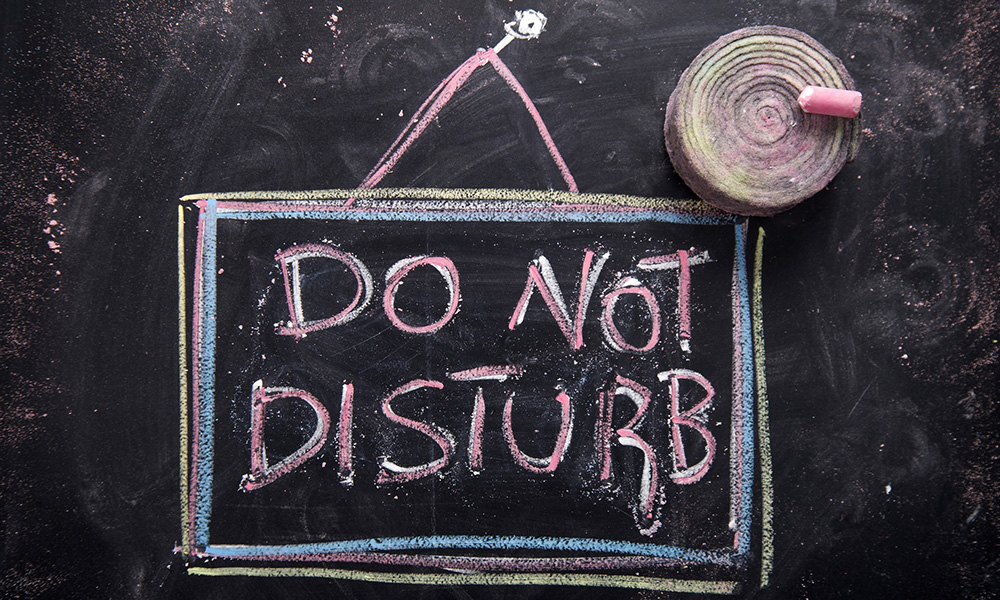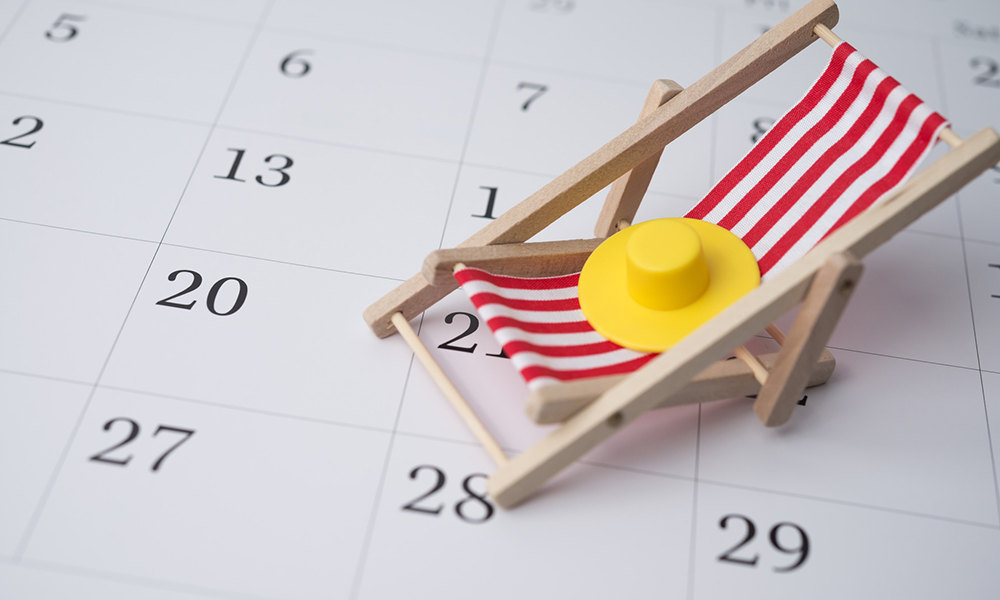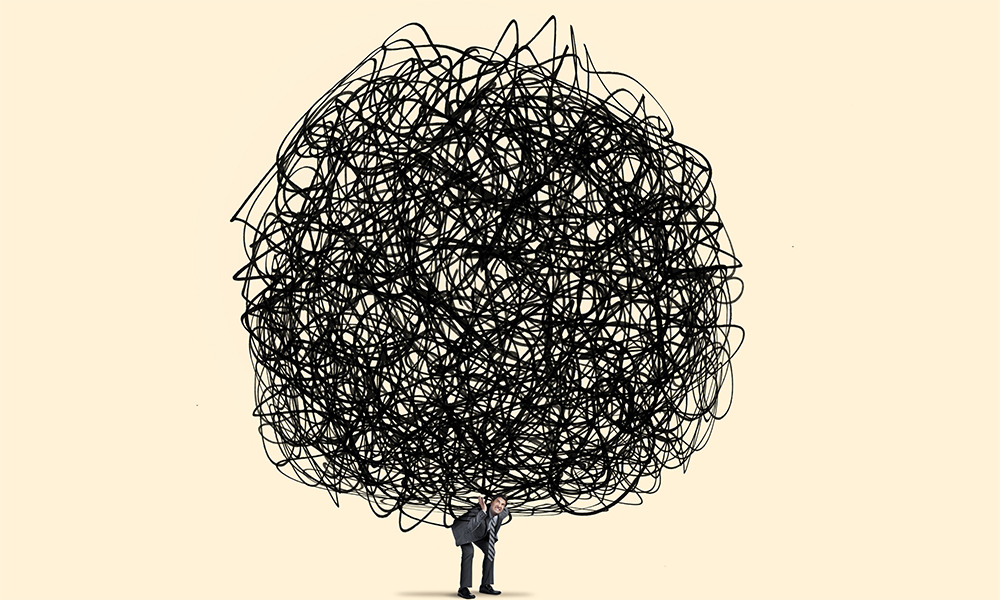A few years ago, I began to notice a pattern. On the mornings when I jumped straight into meetings, my day felt rushed and disjointed – like I was catching up before I’d even begun. But when I had just one uninterrupted hour at the start, everything changed. I could think clearly, prioritise calmly, and ease into deeper work without the usual mental clutter.
So, I made a simple rule: no meetings in the first hour. That boundary gave me space to focus, plan, and settle in, without distractions competing for attention.
The way you start your morning matters more than you may realise.
Own the first hour of your work to elevate the entire day. It sounds simple, even obvious. But when practised with intention, this one habit has the power to reshape not only your calendar but also your mindset.
The science backs this up: mornings are prime time for your brain. Those first 60 minutes at work set the trajectory for the rest of the day. They’re so valuable that people have given them names like “Mine O’Clock,” “Power Hour,” and “First Hour Protocol.”
So what does it look like to truly own that first hour? What are some small, meaningful steps to reclaim your morning routine? Let’s explore it in this week’s post.
Psychologists have found that focus, clarity and working memory are at their peak shortly after waking up, as long as they’re not undermined by noise or clutter.
A study found that individuals who begin their day with focused tasks experience a 40% higher retention and cognitive throughput for the remainder of the day.
The opposite of this type of deep focus is what neuroscientists call “attention residue” — the fragmented state your brain enters when jumping between multiple tasks without resolution. The biggest culprit? Email. Notifications. Doomscrolling. After all, most people are on their phones before they even get out of bed in the morning.
These digital addictions can sabotage some of our most precious, attentive moments, setting the tone for a day ruled by fragmentation, chaos and panic. As Andrew Merles explains in his article on Medium:
If you don’t guard the first hour — and instead spend it responding to email or rushing off to meetings — your most meaningful work will get crowded out. The day will quickly be eaten up, and your energy drained, before you even get started on our own projects.
Here are seven suggestions to help you own the first hour at work, every single day:
1. Start before the morning starts.
The most productive mornings at work don’t begin at 9 am — they begin the evening before. Don’t waste your valuable first hour figuring out what you need to do. Instead, make those choices when you wrap up work the previous day.
The goal is to eliminate morning decision fatigue and devote your attention to priority tasks. So, make your to-do list before you clock out of work. Choose 1-3 items which, if completed, would make your next day a success. This way, you know exactly what to jump into the moment your workday begins. No confusion, no excuses.
2. Subtract the distractions.
Removing digital clutter from the first 60 minutes of the day can transform your mental clarity and productivity. Effectiveness isn’t always about adding more — often, it’s about subtracting the noise.
Make a commitment to yourself. No social media. No multitasking with phone in hand. Instead, bring your digital-free attention to every moment of that first hour, focusing on only one thing at a time.
3. Be intentional, keep evolving.
Not every morning will look the same. And that’s okay. In her Medium article on this topic, Betsy Jaime calls the first hour her “create your own adventure” experience. How you spend this time doesn’t need to be set in stone. It can change with the pace of work, the seasons, your own energy patterns and personal preferences.
What isn’t negotiable is intentionality — that’s key. The idea isn’t to cram every productivity trend into 60 minutes. It’s to be proactive about creating a rhythm that works best for you. Once the hour starts, it’s all yours.
4. Design your 60 minutes.
There are multiple ways to structure your first hour. One approach is to dedicate the entire time to a single, high-focus task that demands deep mental effort. Alternatively, you might prefer a more balanced routine that includes a mix of activities. For example:
- 20 minutes of reflection — strategic planning, reviewing projects
- 20 minutes of learning — reading, exploring new ideas
- 20 minutes of creation — writing, problem-solving
5. Fuel body and mind.
Don’t overlook the logistical side of having a focused, productive morning. That means getting enough sleep the previous night, having a healthy breakfast and enjoying your own pre-work morning ritual. This could be meditating, running, cooking or anything else that makes you feel aligned, optimistic and invigorated. Remember: routine is mechanical, ritual is meaningful. Routine gives you the energy you need to own your first hour, while ritual gives you the right mindset.
6. Protect the hour.
Once you let other things in — your inbox, your meetings, your messages — you lose the hour. And you can’t get it back! In the article mentioned above, Merle recommends blocking off the first hour on your calendar. Decline or reschedule all non-mandatory meetings and calls. Safeguard these 60 minutes to make progress against your own priorities, a strategy that will add up to meaningful wins over time.
7. Break through the resistance.
For some people, the first hour at work feels impossible. This is because the mental shift from rest to focus can feel like trudging through quicksand. You might fidget. Procrastinate. Stare at a blinking cursor or a cluttered desk. No, it’s not laziness — it’s resistance.
Start with a warm-up task to lower mental resistance and build momentum. Devoting just a few minutes to something low-pressure can help you ease into the flow state of more challenging work.
Stop surrendering your best brain time to distractions. Let the first 60 minutes of every workday be a standing appointment with yourself. Because therein lies the space for clarity, control and calm — the very things we claim to want, yet so often trade away for “just five minutes” of scrolling.
The first hour is a lever. When you pull it, the rest of your day begins to align. You think more clearly. You feel more grounded. You gain momentum — not just on your to-do list, but in your sense of purpose. Go ahead and reclaim your morning. Intentionally, consistently and with your own priorities at the centre. Over time, it’s not just your productivity that will change for the better. It’s you.








Comments